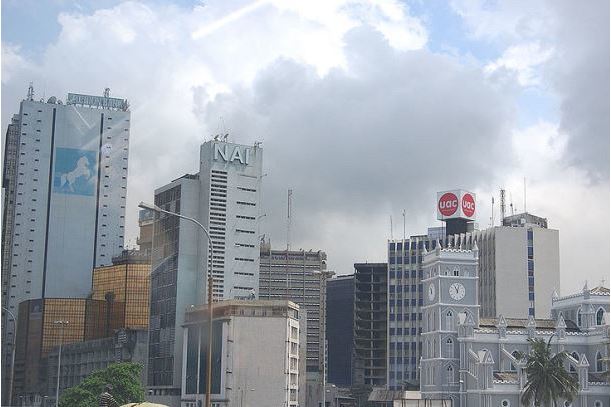Latest News
Nigeria’s inflation drops to 11.25 per cent

News Highlight
Nigeria’s headline inflation has now declined for the third consecutive month since it rose to 11.44 per cent in December 2018.
The National Bureau of Statistics (NBS) has said Nigeria’s Consumer Price Index (CPI) eased to 11.25 per cent in March, representing a 0.06 percentage points decrease from the 11.31 per cent recorded in February. Nigeria’s headline inflation has now declined for the third consecutive month since it rose to 11.44 per cent in December 2018.
According to the latest inflation report, food inflation declined by 0.02 percentage points to 13.45 per cent year-on-year in March, compared to 13.47 per cent in February. The NBS noted that the decline in the food index was caused by the decrease in the prices of fish, fruits, potatoes, yam and other tubers, bread and cereals, meat, soft drinks, vegetables and oil and fats.
On a month-on-month basis, the food index, however, increased by 0.06 percentage points to 0.88 per cent in March, from 0.82 per cent recorded in the previous month.
Core inflation, which excludes the prices of volatile agricultural produce, dipped by 0.3 percentage points to 9.5 per cent in March from 9.8 per cent recorded in February. According to the national statistics bureau, the decline in core inflation was due to the decrease in prices of major household appliances, domestic and household services, actual and imputed rent for housing, dental, medical and hospital services, and tobacco.
The urban inflation rate, according to the report, eased at 11.54 per cent, down by 0.05 percentage points from 11.59 per cent recorded in February. Similarly, rural inflation dipped by 0.06 percentage points to 10.99 per cent in March.
Last week, Financial Derivatives Company (FDC) – a Lagos-based economic data and research firm – predicted Nigeria’s headline inflation to decline for the third consecutive month in March. But the figures released by the NBS is 0.05 percentage points higher than the 11.2 per cent predicted by the FDC.
Related News
Latest Blogs
- The Museum of West African Art saga
- The complexity and complication of Nigeria’s insecurity
- Between bold is wise and wise is bold
- Prospects of port community system in Nigeria’s maritime sector
- Constitutionalism must anchor discipline in Nigerian Armed Forces
Most Popular News
- NDIC pledges support towards financial system stability
- Artificial intelligence can help to reduce youth unemployment in Africa – ...
- Afreximbank backs Elumelu’s Heirs Energies with $750-million facility
- AfDB and Nedbank Group sign funding partnership for housing and trade
- GlobalData identifies major market trends for 2026
- Lagride secures $100 million facility from UBA







